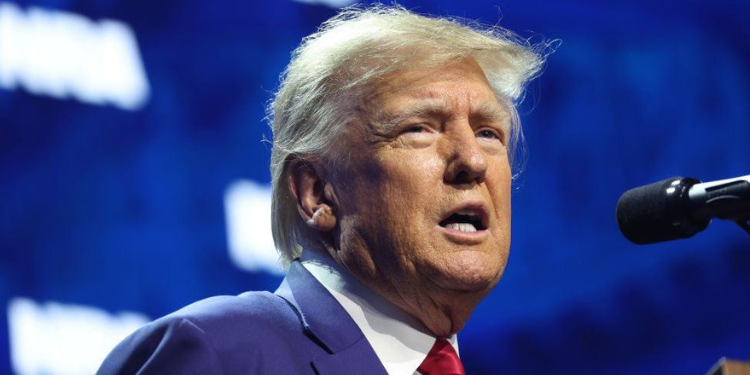U.S. President Donald J. Trump has announced that he will lead a movement to abolish mail-in ballots and electronic voting machines, alleging they enable massive voter fraud.
Speaking through a post on his Truth social media account, Trump claims this approach would ensure faster, more accurate results with no doubt about winners.
Demands by Trump
Trump has accused Democrats of cheating via mail-in voting and ties it to broader policy critiques like the opening of U.S. borders and transgender issues.
He has further described voting by mail-in ballots and electronic voting machines as highly inaccurate, very expensive, and seriously controversial, claiming they undermine election integrity.
Trump has made this call amid preparations for the 2026 U.S. midterm elections on November 3, during Trump’s second non-consecutive term.
These elections will contest all 435 House seats, 35 Senate seats, 39 gubernatorial races, and various state/local offices, determining control of the 120th Congress.
According to Trump, electronic voting machines are costly compared to what he referred to as accurate and sophisticated watermark paper, which he argued would allow faster, more transparent results.
Trump further alleged that the United States is the only country still relying on mail-in voting, asserting that other nations have abandoned the practice due to widespread fraud.
“We will begin this effort, which will be strongly opposed by the Democrats because they cheat at levels never seen before.”
Also Read: Ukrainian Army Launches Offensive Just Hours After Trump-Putin Summit
“Elections can never be honest with mail-in ballots/voting, and everybody, in particular the Democrats, knows this,” Trump said, arguing that the Republican Party must act decisively to restore integrity to the electoral system.
“Remember, without fair and honest elections, and strong and powerful borders, you don’t have even a semblance of a country.”
Debate in the U.S.
Supporters of mail voting say mail-in ballots make elections more accessible because they help seniors, military personnel, disabled citizens, and people in rural or remote areas.
During the COVID-19 pandemic, mail-in voting became even more important for public health. Advocates also argue that it boosts turnout by making voting easier.
Opponents argue that mail-in voting creates opportunities for fraud, ballot harvesting, and administrative mistakes.
Critics often point to delayed results as undermining confidence, even though studies show fraud rates are extremely low.
The Heritage Foundation documented just over 1,400 cases of proven voter fraud since 1982; an extremely small number compared to the billions of ballots cast.
Nonpartisan election officials maintain that mail-in ballots are secure when properly managed.
The U.S population that supports voting machines says machines speed up counting, reduce human error, and allow voters with disabilities to cast ballots independently.
Machines are tested and certified before elections, with audits conducted in many states.
However, opponents argue that machines are expensive, vulnerable to hacking, and less transparent than paper ballots.
Skeptics, especially after the 2020 election, say reliance on machines reduces public trust in outcomes.
Also Read: Kenya, US in High-Level Trade Talks Ahead of Ruto’s Visit
Some states now use machines to mark ballots, but still produce a paper trail for auditing.
Partisan divide
Republicans are increasingly pushing for tighter restrictions, such as requiring voter ID, limiting mail-in voting, and shortening early voting periods, arguing these measures protect against fraud.
Democrats, on the other side, are demanding the expansion of access by promoting universal mail-in voting, extended early voting, and same-day registration, saying this strengthens democracy by making voting easier.
Since 2020, election integrity has become a central campaign issue, with President Trump making it a key talking point.
Most election experts, including federal and state officials, agree the U.S. election system is secure, though improvements in transparency, funding, and voter education are needed.
Follow our WhatsApp Channel and X Account for real-time news updates.
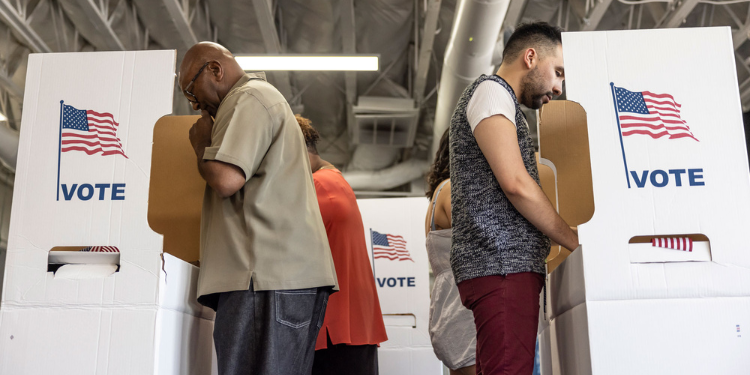



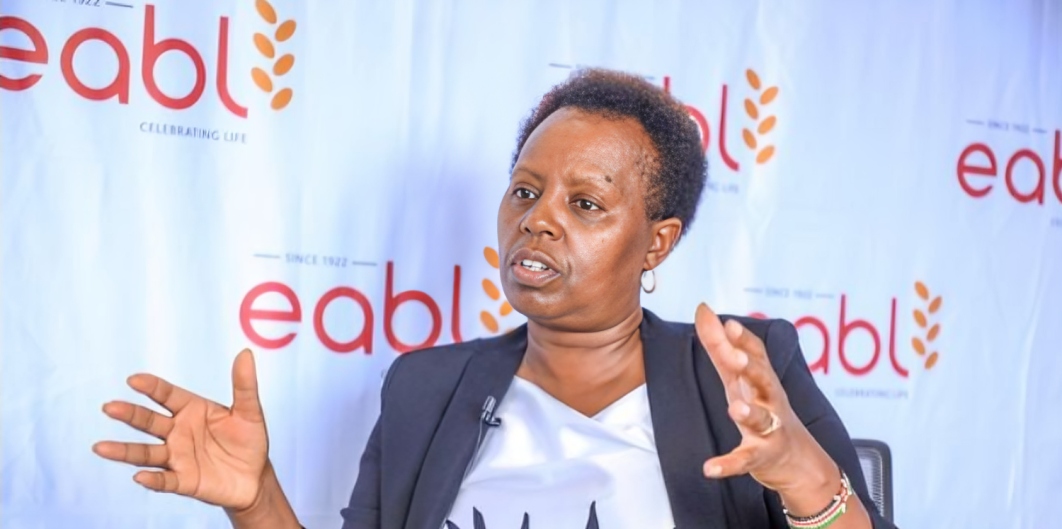












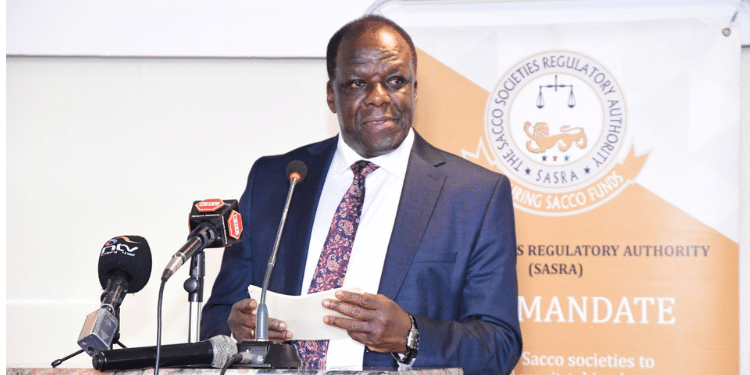



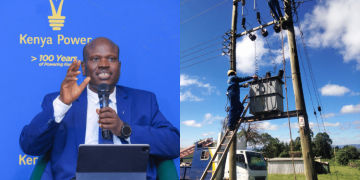
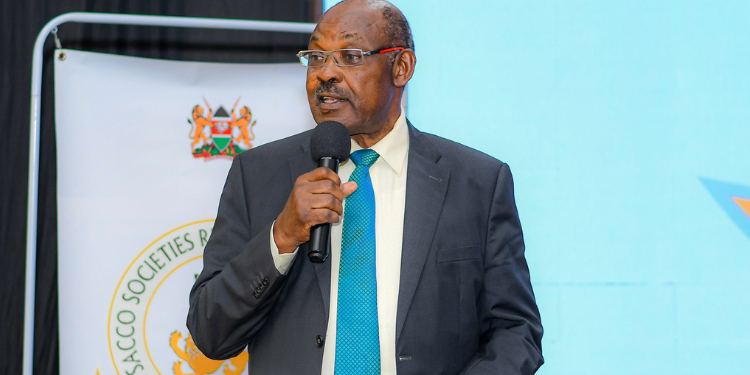































![Senator Allan Chesang And Chanelle Kittony Wed In A Colourful Ceremony [Photos] Trans Nzoia Senator Allan Chesang With Channelle Kittony/Oscar Sudi]( https://thekenyatimescdn-ese7d3e7ghdnbfa9.z01.azurefd.net/prodimages/uploads/2025/11/Trans-Nzoia-Senator-Allan-Chesang-with-Channelle-KittonyOscar-Sudi-360x180.png)

















